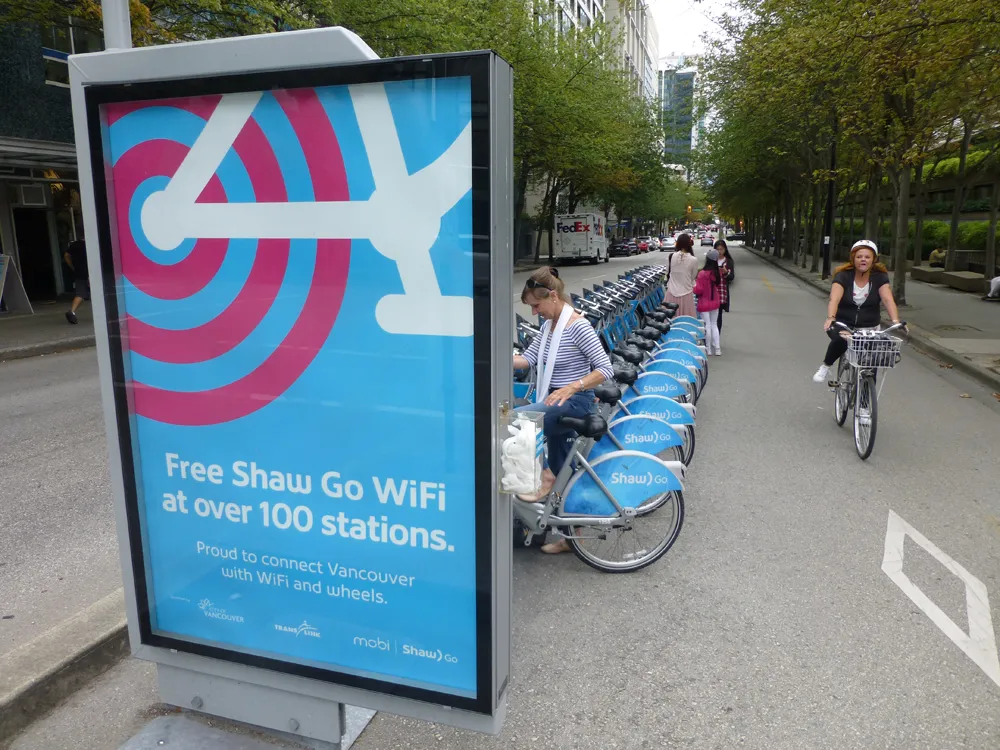
The TV footage of the recent heavy smog in Beijing and other Chinese cities has shown clearly why attitudes to personal transportation need to change around the world. Vehicle transportation is a major source of air pollution, with the particulates from older generation diesel engines being particularly dangerous to health.
Chinese cities are by no means the only ones to suffer heavy pollution, with Indian capital Delhi and Mexican capital Mexico City also amongst the mega cities suffering from air pollution that is seriously damaging to the health of inhabitants. And even in the developed west where emissions regulations have been strict for some time, the centre of UK capital London is one of those noted for its poor air quality.
London’s congestion charge has had a positive benefit in both addressing congestion, and pollution. Without it, traffic jams would be more common and pollution more intense. During the last 15 years, London’s traffic data shows that there has been an 11% shift away from car transport, a factor not so far seen in any other major city. Three times as many people now use bicycles to commute in London as they did 11 years ago. Meanwhile the number of people using public transportation has also increased. And with the city’s population now at a record 8.5 million and set to grow to 10 million by 2030, this focus on cycling and public transportation will have to increase so as to prevent gridlock, as well as the return of the infamous London smog of the 1950s.
The recent diesel engine emissions scandal has highlighted the shortcomings of the internal combustion engine. Hybrid cars and low emission LPG fuels may be a suitable short term option but in the long run, either electric or fuel cell vehicles will have to replace internal combustion engine types.
The Chinese Government is taking steps to reduce the smog in Beijing and other major cities. Old coal-fired generating plants and inefficient old manufacturing facilities located in and around the city are being shut down. But these will take time to have an effect. Beijing’s transport is still too reliant on private cars and this will change. In China, automakers are being encouraged to develop mass market electric vehicles, with subsidies being offered to customers buying them and the prospect of legislation requiring their use in urban areas likely in the future.
Nissan and Renault have also jointly developed an electric vehicle now available on the market, although sales of it are only developing comparatively slowly. Other firms are also working on low emission electric or fuel cell cars, although Tesla’s model is aimed at the high end and not at the mass market.







